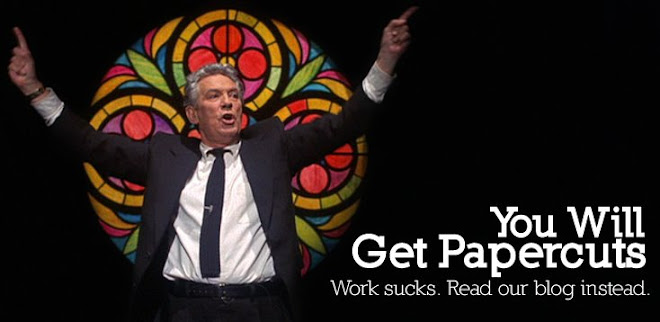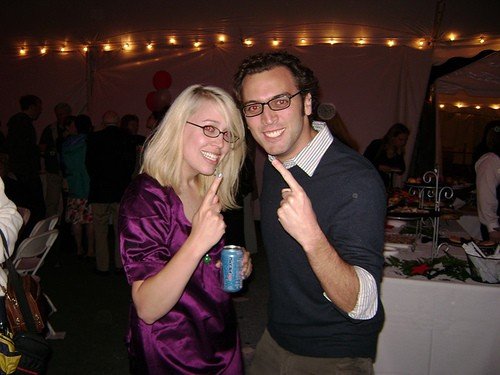With the theatrical adaption of The Road finally arriving, Cormac McCarthy's ol' mug has been popping up everywhere - newspapers, magazines, online, right here. I remember reading The Crossing in high school, the second installment in his Border Trilogy, and not liking it. Despite its beautifully described violence, which I didn't know could exist, I was confused and too young to understand such a sparse world and such a different view on humanity. The Road, however, destroyed my preemptive and immature view on McCarthy's writing. With 2010 quickly approaching, it will undoubtedly be considered one of the best books of this decade.
This is not my point though. Neither is Hilcoat's film adaptation of the book (I haven't seen it yet, but his previous film The Proposition was certifiably "badass," so I have pretty high hopes). My point comes down to this sweet little bitty right here:
This is Cormac McCarthy's typewriter. As the New York Times article explains, he bought it in 1963 for $50 and typed every novel of his on it.
And he's giving it away.
The proceeds, which are expected to be between $15,000 and $20,000, will go to his beloved Santa Fe Institute. Glenn Horrowitz, the rare-book dealer handling the sale, marvels at the "talismanic" quality to the typewriter that wrote novels like The Road, Blood Meridian, The Crossing, Child of God, etc.: "It's as if Mount Rushmore was carved with a Swiss Army knife."
I love typewriters. I love Olivetti typewriters. I love a writer of a bygone generation who refuses a computer, a word processor, electricity. But is not some part of him sentimental over the typewriter? Despite buying an exact replica on Ebay, won't he be nostalgic for that one he spent so many hours with, clacking away on his novels? I guess, as his literature would also lead you to believe, Mr. McCarthy is not a sentimental person. The typewriter must seem just an incidental tool in the process he loves and slaves over. He says in this great interview with The Wall Street Journal, one of two ever granted (his one with Oprah is dreadful and awkward to watch, but inspiring if you just close your eyes and imagine it's on the radio), writing itself is the vacation:
"I have no desire to go on a trip. My perfect day is sitting in a room with some blank paper. That's heaven. That's gold and anything else is just a waste of time. [...] I'm not interested in writing short stories. Anything that doesn't take years of your life and drive you to suicide hardly seems worth doing."
As always, well said.
In other news, YouWillGetPapercuts will be accepting tax deductible donations, anywhere from $5 to $15,000. Or $20,000. Whatever you can spare.




